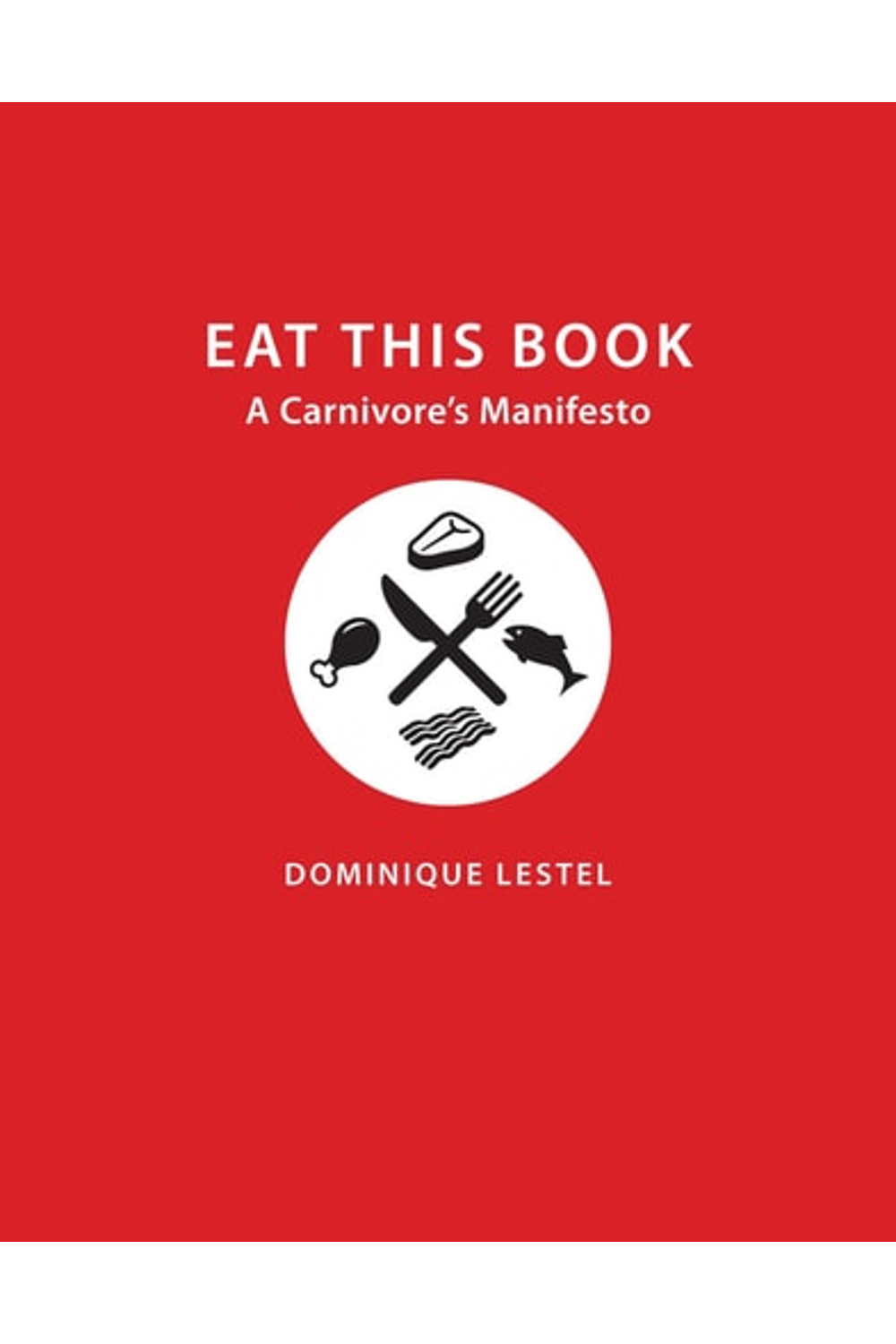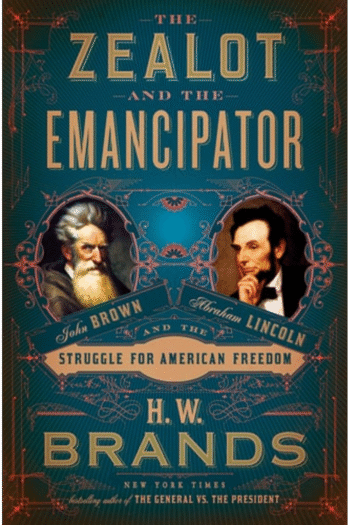Dominique Lestel’s “Eat This Book: A Carnivore’s Manifesto” isn’t your typical animal rights debate. This provocative work challenges the vegan/vegetarian dominance by arguing for a mindful, ethical carnivorism. Lestel, a philosopher and ethologist, blends philosophical arguments with ecological realities, suggesting our inherent connection to the animal world shouldn’t be denied, but rather re-evaluated. He critiques factory farming while exploring sustainable alternatives, aiming to redefine our role in the food chain. Prepare to have your assumptions challenged and your perspective on meat consumption fundamentally altered. Part of the “Critical Perspectives on Animals” series, this book sparks a crucial conversation about animal ethics, culture, and our place within the natural world.
Eat This Book: A Carnivore’s Manifesto (Critical Perspectives on Animals: Theory, Culture, Science, and Law)
22,82 $
In stock
If we want to improve the treatment of animals, Dominique Lestel argues, we must acknowledge our evolutionary impulse to eat them and we must expand our worldview to see how others consume meat ethically and sustainably. The position of vegans and vegetarians is unrealistic and exclusionary. Eat This Book calls at once for a renewed and vigorous defense of animal rights and a more open approach to meat eating that turns us into responsible carnivores.
Lestel skillfully synthesizes Western philosophical views on the moral status of animals and holistic cosmologies that recognize human-animal reciprocity. He shows that the carnivore’s position is more coherently ethical than vegetarianism, which isolates humans from the world by treating cruelty, violence, and conflicting interests as phenomena outside of life. Describing how meat eaters assume completelywhich is to say, metabolicallytheir animal status, Lestel opens our eyes to the vital relation between carnivores and animals and carnivores’ genuine appreciation of animals’ life-sustaining flesh. He vehemently condemns factory farming and the terrible footprint of industrial meat eating. His goal is to recreate a kinship between humans and animals that reminds us of what it means to be tied to the world.
| Authors | |
|---|---|
| Binding | |
| Condition | |
| ISBN-10 | 0231172974 |
| ISBN-13 | 9780231172974 |
| Language | |
| Pages | 160 |
| Publisher | |
| Year published | |
| Weight | 204 |
Related products
- Additional information
- Currencies
- USD – United States dollar
- EUR – Euro
- GBP – Pound sterling
- CNY – Chinese yuan
- BRL – Brazilian real
- MXN – Mexican peso
- JPY – Japanese yen
- PHP – Philippine peso
- THB – Thai baht
- PLN – Polish złoty
- CAD – Canadian dollar
- MYR – Malaysian ringgit
- AUD – Australian dollar
- TWD – New Taiwan dollar
- CZK – Czech koruna
- SEK – Swedish krona
- HUF – Hungarian forint
- ILS – Israeli new shekel
- CHF – Swiss franc
- HKD – Hong Kong dollar
- DKK – Danish krone
- SGD – Singapore dollar
- NOK – Norwegian krone
- NZD – New Zealand dollar





